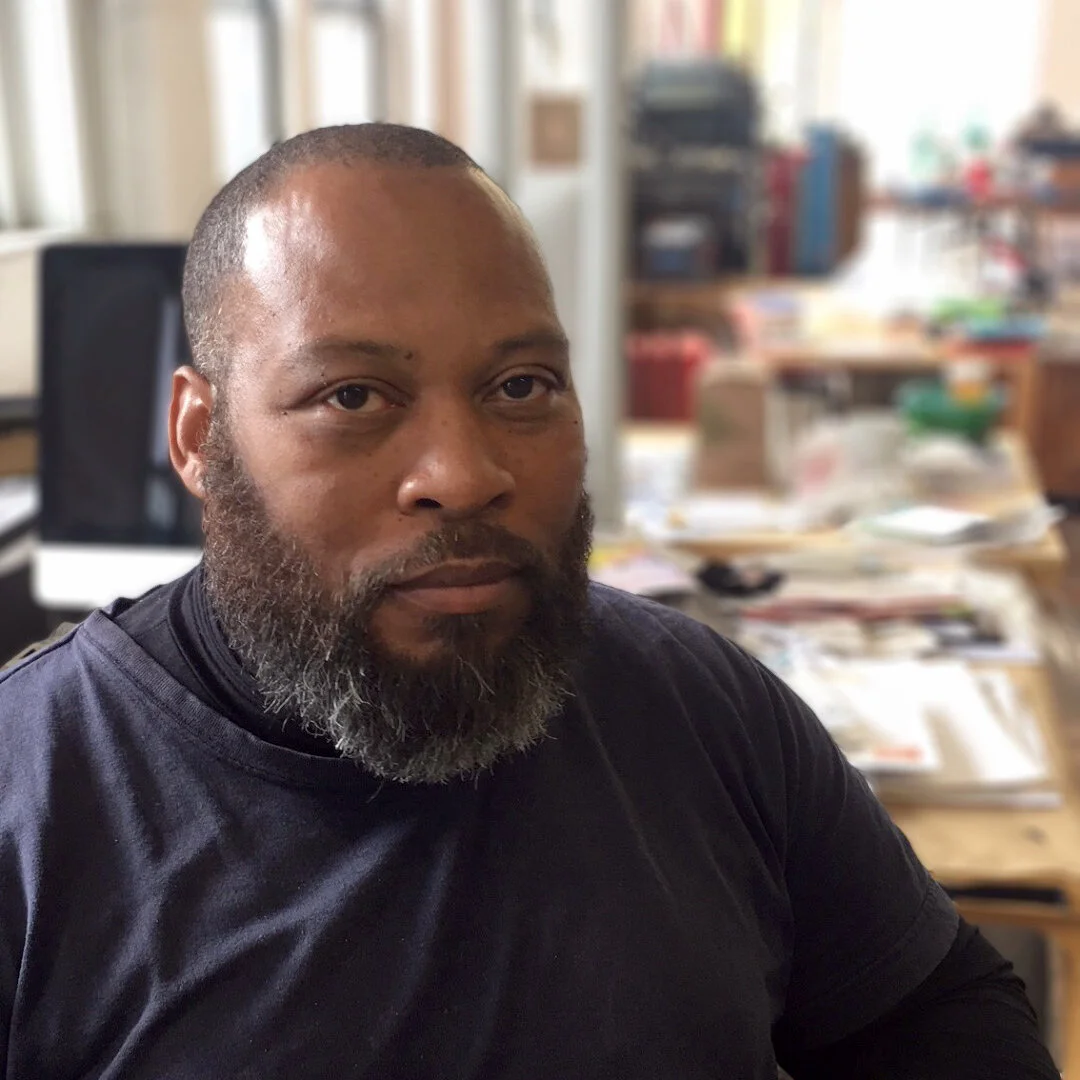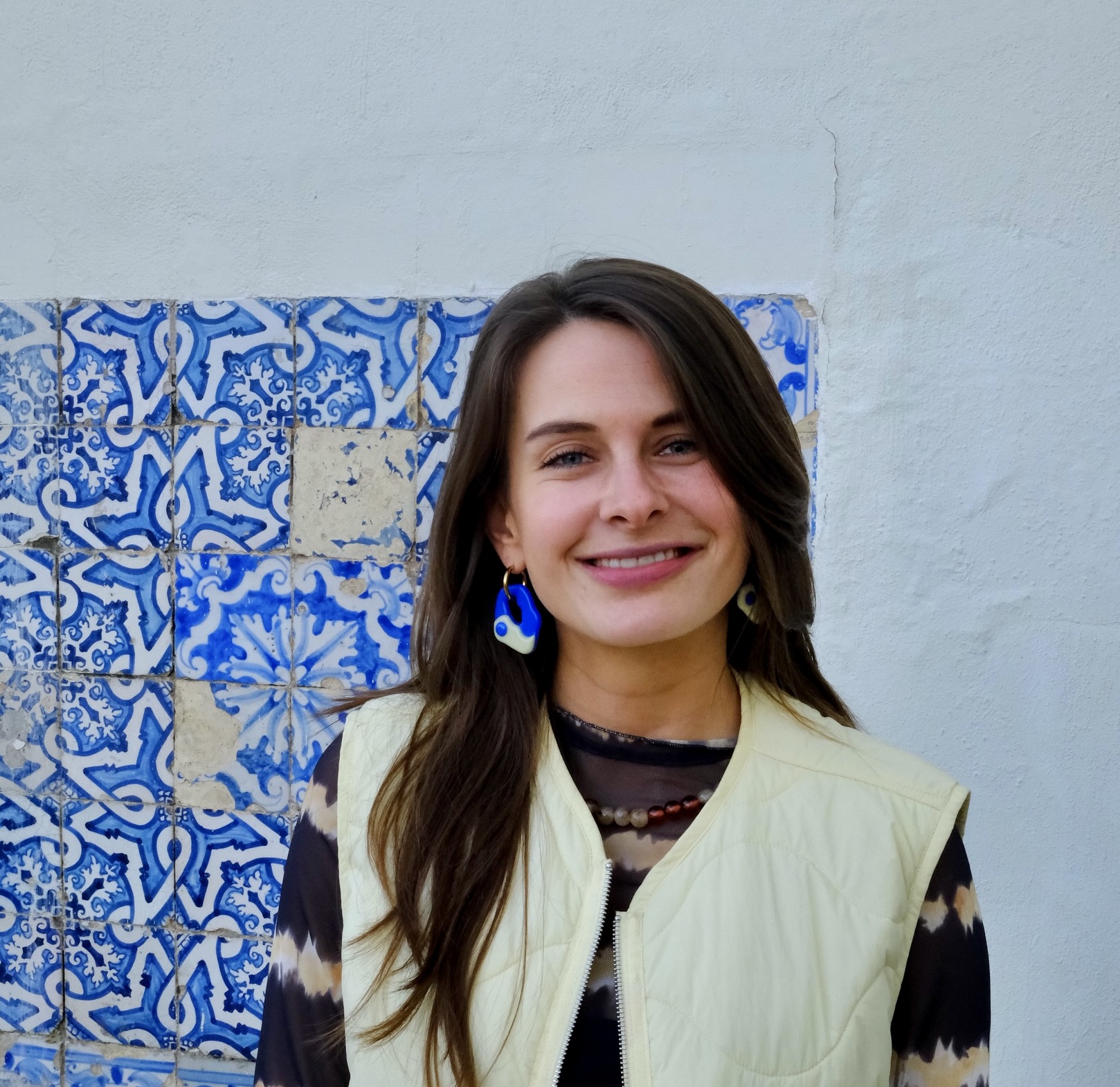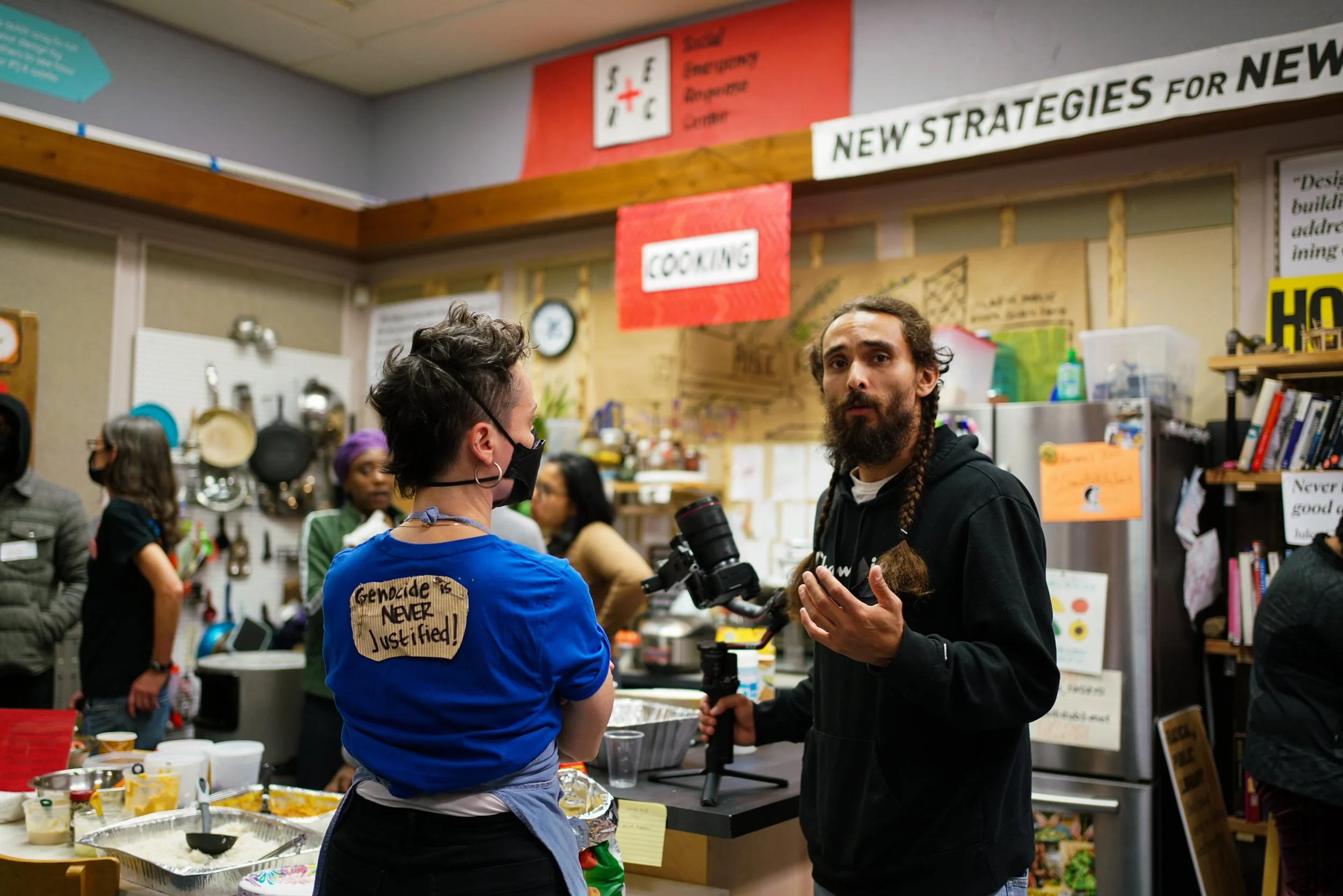Imagining Everyday Life Differently, A Conversation with Kenneth Bailey of DS4SI
What if democracy wasn’t just about choosing between pre-set options, but about imagining new ones altogether as a community? In Boston, Kenneth Bailey and his team at the Design Studio for Social Intervention (ds4si) work at the intersection of community organizing, design, and cultural practice to make that vision real.
.png)
.jpg)
Imagining Everyday Life Differently, A Conversation with Kenneth Bailey of DS4SI
What if democracy wasn’t just about choosing between pre-set options, but about imagining new ones altogether as a community? In Boston, Kenneth Bailey and his team at the Design Studio for Social Intervention (ds4si) work at the intersection of community organizing, design, and cultural practice to make that vision real.


What if democracy wasn’t just about choosing between pre-set options, but about imagining new ones altogether as a community?In Boston, Kenneth Bailey and his team at the Design Studio for Social Intervention (ds4si) work at the intersection of community organizing, design, and cultural practice to make that vision real. Their experiments - called social interventions - bring people together to rethink how we live and how we govern society.
Designing democracy one icecream flavor at a time
At the core of his work is a belief in the power of imagination and what Kenneth calls propositional politics: instead of just reacting to top-down decisions from governments or developers, communities should be empowered to propose visions of the lives they want to live. “Too often, cities ask for feedback on plans they’ve already made. But there’s little space for communities to propose their own ideas,” he explains. “At ds4si we want to flip that around. Imagine if people could dream up the neighborhoods, streets, and cultural spaces they want, then present those visions to policymakers”. He likens it to an ice cream shop: “you walk in and you’re asked to choose between vanilla and chocolate. But we’re saying: what if we want blueberry flavor or cookies and cream? Let’s make that and find out what that would taste like for society.”
Democracy as an experience
For ds4si, democracy isn’t just something that happens in institutions - it’s something that should be felt in everyday life. That belief comes alive through what they call ‘social interventions’, hands-on, public experiments that reimagine how we gather, engage, and express ourselves together. Take ‘Sunday Social News’ for example, where people meet to read, rewrite, and discuss the news - collectively, not in isolation. Or ‘Dance Court’, which imagines public spaces for dancing as essential as basketball courts or football fields.
“These aren’t just ideas,” Kenneth says. “We build them on the street, where anyone can walk in. One day you might just share lemonade with us, the next you come by and decide to join a co-designing and intervention session.” This intuitive, open-ended approach lowers the threshold for civic participation, especially for those who might feel disconnected from traditional politics. Art and culture play a central role in this. From performances to public installations, they act as both method and magnet. “Politics often feels like something that happens behind closed doors, with people in suits,” Kenneth explains. “But culture and art create space for joy, for play, and for people to start imagining what society could be, together.”
Next steps
One of ds4si’s biggest challenges is being understood. “We don’t fit neatly into a box,” Kenneth explains. “We’re not just about education, or art, or public policy, we work across all those areas. That makes us harder to explain - also to policymakers - but also makes us more powerful.” The studio is currently focused on strengthening its roots: empowering more residents to lead design processes and creating deeper community engagement. While they’ve received funding and attention from local governments, building a more formal advocacy pipeline with policymakers is a longer-term goal.
For those looking to start similar work in Europe, Kenneth’s advice is simple but strategic: “Have intuitive case studies. Show, don’t tell.” He points to ds4si’s projects like Dance Court and Sunday Social News as examples. “People may not get the theory right away, but if they can walk into an idea and feel it, they’ll want in.”
Want to learn more about ds4si? Check out their website: https://www.ds4si.org/

.png)
.png)
.png)

.webp)

